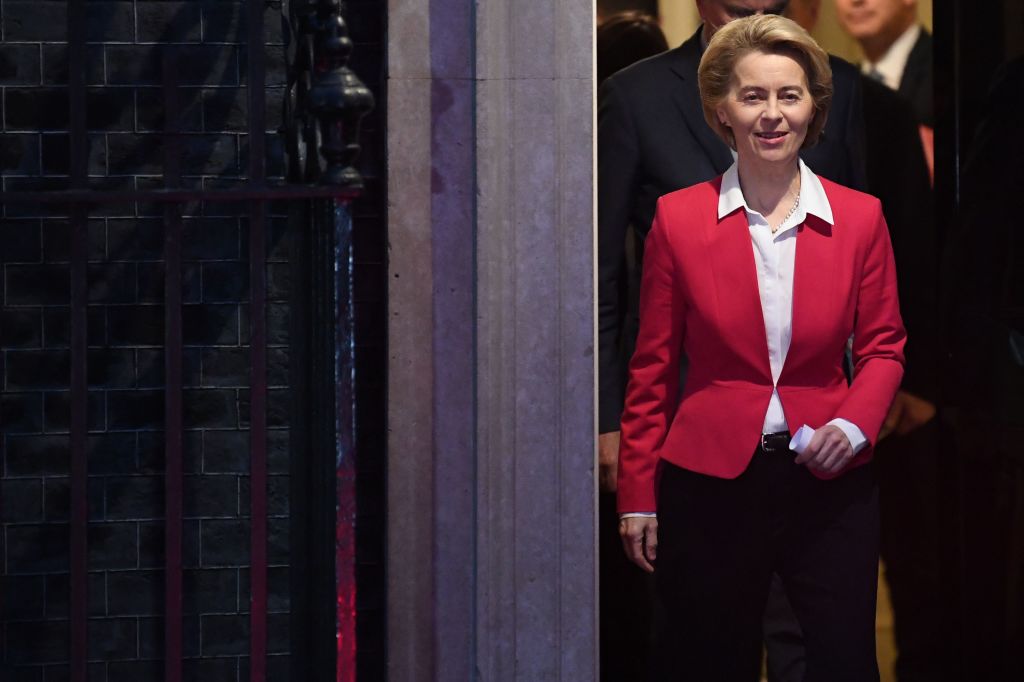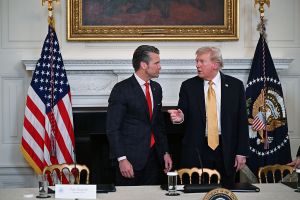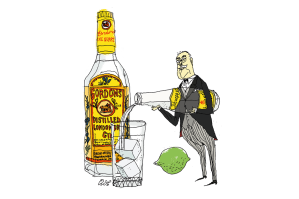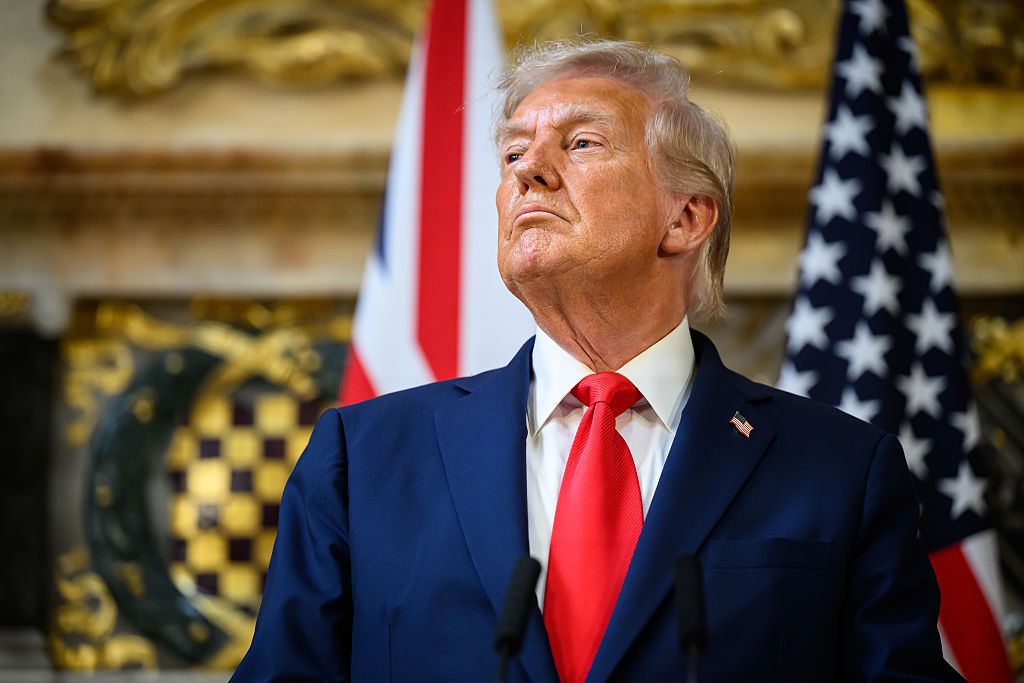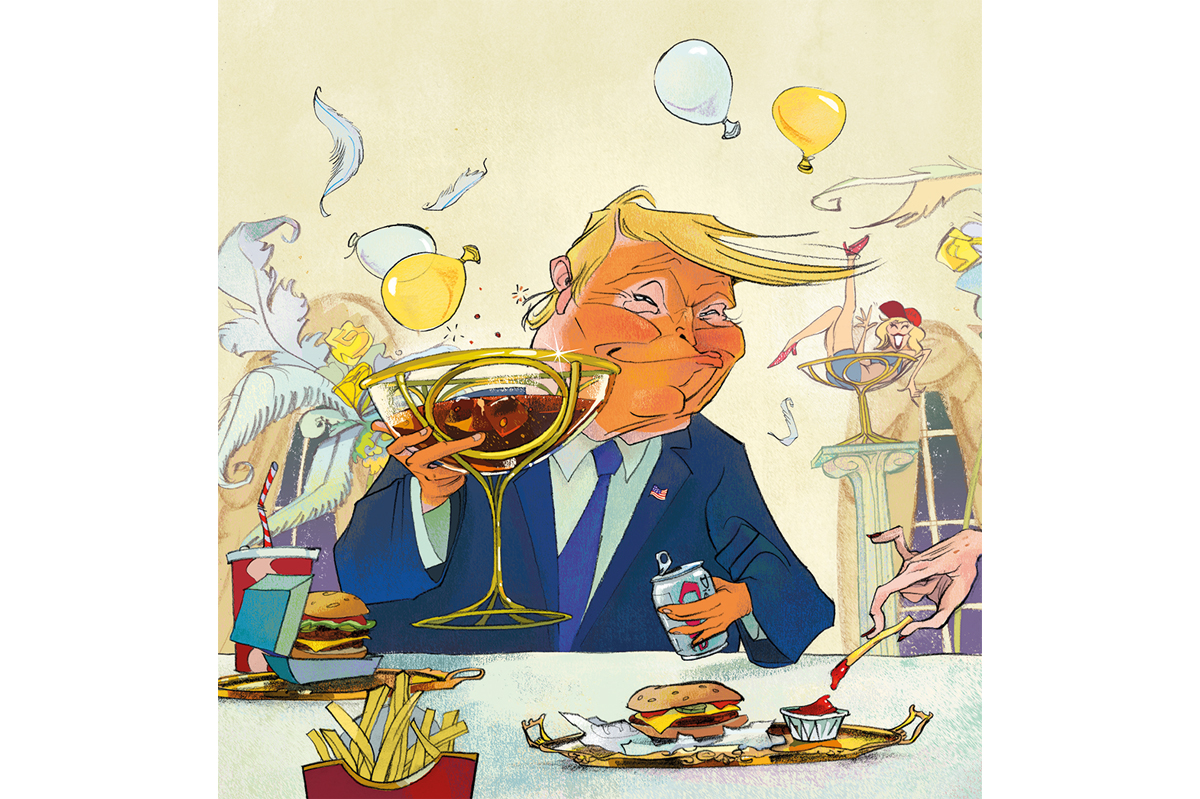Has a Brexit deal already been done? You’d be forgiven for thinking so if, like me, you listened to British talk radio over the weekend. Much of the discussion on Brexit now focuses on whether or not the Labour party will vote for or against, or even abstain on the ‘deal’. What deal? In reality there is, of course, yet to be a trade agreement between the UK and the European Union and it actually looks fairly unlikely at this stage. The clock is ticking, but still the assumption remains that either side will fold before the year is out. I’m not convinced.
At the end of last week, an offer was made by the European Union on fishing. EU countries would accept a cut of 15 percent to 18 percent in their share of the catch in British waters. It was hard fought by the Commission to get this agreed, by all reports; France, in particular, was supposedly loathe to give this much away. So how did the UK respond? It rejected this out of hand as being wildly out of touch with what they are willing to sign up to. The offer was described as ‘risible’ by one No. 10 source.
A week on, we are now surely in the final days for the two sides to agree, if there is to be time for the resulting deal to be ratified by parliaments on both sides. Yet, as Katy Balls points out, the differences on fishing are still vast — and that’s before we get onto the state subsidies issue. Foreign secretary Dominic Raab has said he can see there being an agreement on this, so long as the EU is ‘reasonable’. Meanwhile, the EU thinks it has moved as much as it can while still maintaining the integrity of the single market. It figures it is up to the UK to compromise. But it’s in neither side’s interests to fold.
So why are so many still so sure a deal will be done? One mistake that is often made by pundits is in taking everything EU figures have said in the press as being the literal truth, with no layers of subtext involved, while taking everything Boris or his ministers have said on Brexit to be largely grandstanding.
When Ursula von der Leyen said that the two sides were ’95 percent’ of the way to a deal, Brexit watchers on the British side of the Channel took this as the EU saying it wanted a deal at all costs. What the Commission president was actually saying was this: ‘We’ve got the vast majority of a deal the UK wanted agreed. All the British government needs to do is come closer to us on a few outstanding issues and an agreement can be reached.’
In other words, the UK better cave in on the remaining issues — and soon — if it wants a deal. Meanwhile, most of what the British prime minister and his cabinet have said in the media has just been the literal truth of where they are on all of this: we won’t budge on the outstanding problems. If the EU won’t either, then we’ll have no deal. It’s a lot like two cars driving at each other in a game of chicken. Neither vehicle is prepared to swerve enough to avoid a collision. Which means, there will be a smash unless something changes significantly as well as very, very quickly.
[special_offer]
Since Boris became prime minister, the UK has negotiated with the overarching assumption being the EU will cave in at the last moment on everything, if it looks like the British government is willing to drive off the cliff. This is a catastrophic misjudgment.
As for the EU, it thought that Theresa May’s decision to talk up no deal only to later fold, meant that her successor would do the same. This was a mistake. Yet the EU also feels relatively prepared for no deal and knows that the UK will have to come back to the table fairly soon if a deal isn’t done. Rightly or wrongly, this is the EU’s position.
So what does this all mean? Perhaps as we approach the Brexit end game, it’s time to stop assuming that ‘sanity’ will prevail. No deal is now the default position. If the UK wants a deal before the end of the year, it will have to move a lot on fishing and state subsides. This doesn’t look terribly plausible. So was May right that no deal is better than a bad deal? We’re about to find out.
This article was originally published onThe Spectator’s UK website.



